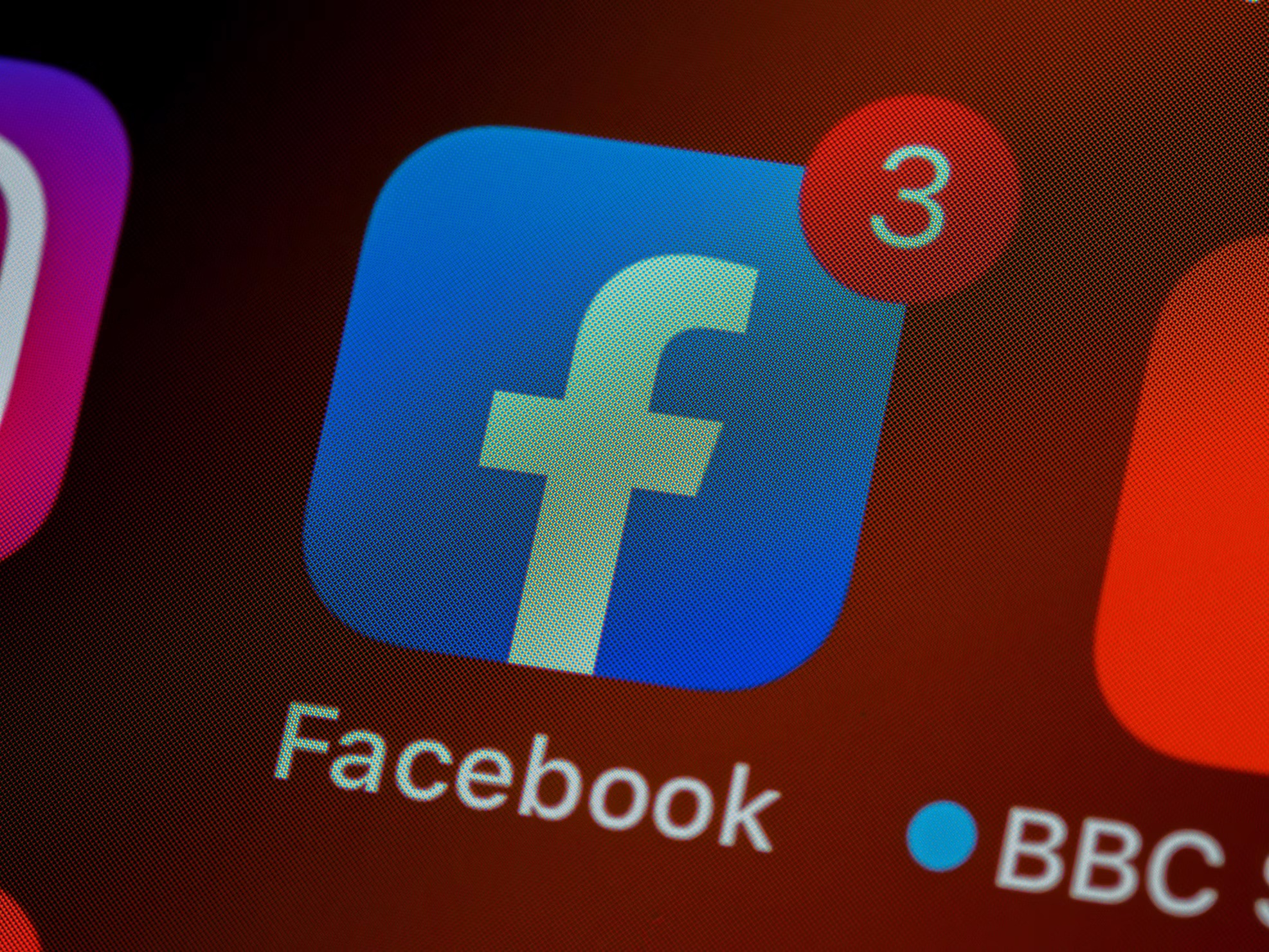The question of whether to deactivate or delete a Facebook account can be a difficult choice for many users. In the article we will examine the key aspects of each of these actions in detail. Deactivating an account allows you to temporarily hide your profile and information, while deleting leads to the irreversible loss of all data and content. We will discuss how these differences affect your digital identity and personal data, as well as which of these options is better suited for different life situations.
When considering whether to deactivate or delete a Facebook account, users face a significant decision that can have far-reaching consequences for their digital presence. Both options offer a way to step back from the platform, but they differ greatly in terms of permanence and the handling of personal data. Understanding the key distinctions between deactivation and deletion is crucial for making an informed choice that aligns with one’s goals and privacy concerns.


Many people do not think that there are various ways to deactivate the page and immediately look for options how to delete facebook page. Let’s shed some light on the different ways to deactivate a Facebook page and why it might be a preferable option for some users.
Both deactivating and deleting offer ways to remove yourself from Facebook, but they have distinct outcomes. Let’s break down the key differences:
Your profile vanishes from Facebook, meaning friends can’t see your timeline or search for you. However, your data remains stored on Facebook’s servers.
You can reactivate your account anytime by simply logging back in. This makes it a good option if you’re unsure about leaving Facebook permanently or want a temporary break.
Certain things, like messages you sent to friends, may still be visible to them.
Once you delete your account, it’s gone for good. You cannot retrieve any of your data or information.
Facebook has a grace period, usually a few days, before permanently deleting your data. During this time, you can cancel the deletion if you change your mind.
Facebook will remove your profile and most of your data from its servers. However, some information, like logs of your activity, may be retained for legal or business purposes.
This is the most common and reversible option. It hides your page from the public, making it inaccessible to visitors and followers. However, as the admin, you retain full control and can reactivate the page anytime. This is ideal for taking a short break, reassessing your page’s strategy, or dealing with temporary issues.
Facebook allows granular control over your page’s visibility. You can choose to unpublish specific sections, such as the “About” section, reviews, or posts, while keeping the rest of the page active. This is useful if you want to hide certain information temporarily or focus on specific content.
You can limit your page’s visibility based on geographic location or age group. This is helpful for pages targeting specific demographics or complying with regional regulations.
1. Click your profile picture in the top right corner of Facebook.
2. Select Settings & Privacy, then click Settings.
3. If Accounts Center appears at the top left of your Settings menu, you can deactivate your account through Accounts Center. If it’s at the bottom left, you can deactivate your account through your Facebook Settings.
4. If using Accounts Center:
– Click Personal details under Account Settings.
– Click Account ownership and control.
– Click Deactivation or deletion.
– Choose the account or profile you want to deactivate.
– Select Deactivate account.
– Click Continue, then follow the instructions to confirm.
5. If you don’t have access to the new Pages experience, follow these steps:
– Click your profile picture in the top right corner of Facebook.
– Select Settings & privacy, then click Settings.
– Click Privacy, then click Your Facebook Information.
– Click Deactivation and Deletion.
– Choose Deactivate Account, then click Continue to Account Deactivation and follow the instructions to confirm.
Deactivating your Facebook account will also deactivate your Messenger. However, you can choose to keep Messenger active even with a deactivated Facebook account. Deleting your Facebook account will permanently remove your Messenger data and access.
If you use Facebook Login for other apps or websites, deactivating your account may affect your access. Deleting your account will definitely prevent you from logging in with Facebook on those platforms.
Eugene Tsarkov believes that despite its popularity, Facebook faces increasing competition from emerging social media platforms. He emphasizes the need for Facebook to adapt to evolving user needs to maintain its relevance in the future. Deactivating your account will hide your activity and membership in groups and events. Deleting your account will remove you from these groups and events permanently.
While deactivating hides your photos and videos, they remain on Facebook’s servers. Deleting your account will permanently remove them (although copies may still exist if others have downloaded or shared them).
If you’re unsure about leaving Facebook or want a temporary break, deactivating is the better choice. You can always come back later.
If you’re certain about leaving and want your data removed, deleting your account is the way to go. Just remember, it’s irreversible.
By following these best practices, you’ll choose a name that not only meets legal requirements…
With the help of mobile proxies, users can effectively solve many tasks — from bypassing…
An experienced attorney provides legal advice while also supporting you through the process. These tips…
Strategies like bankruptcy consolidation, bankruptcy administration plans, budgeting, credit counseling, and lawful help, you can…
With the evolution of Jira, going forward, the Jira consultants’ role will only grow strategically,…
Some are lightning fast, while others focus on crystal clear details or easy sharing. Whether…